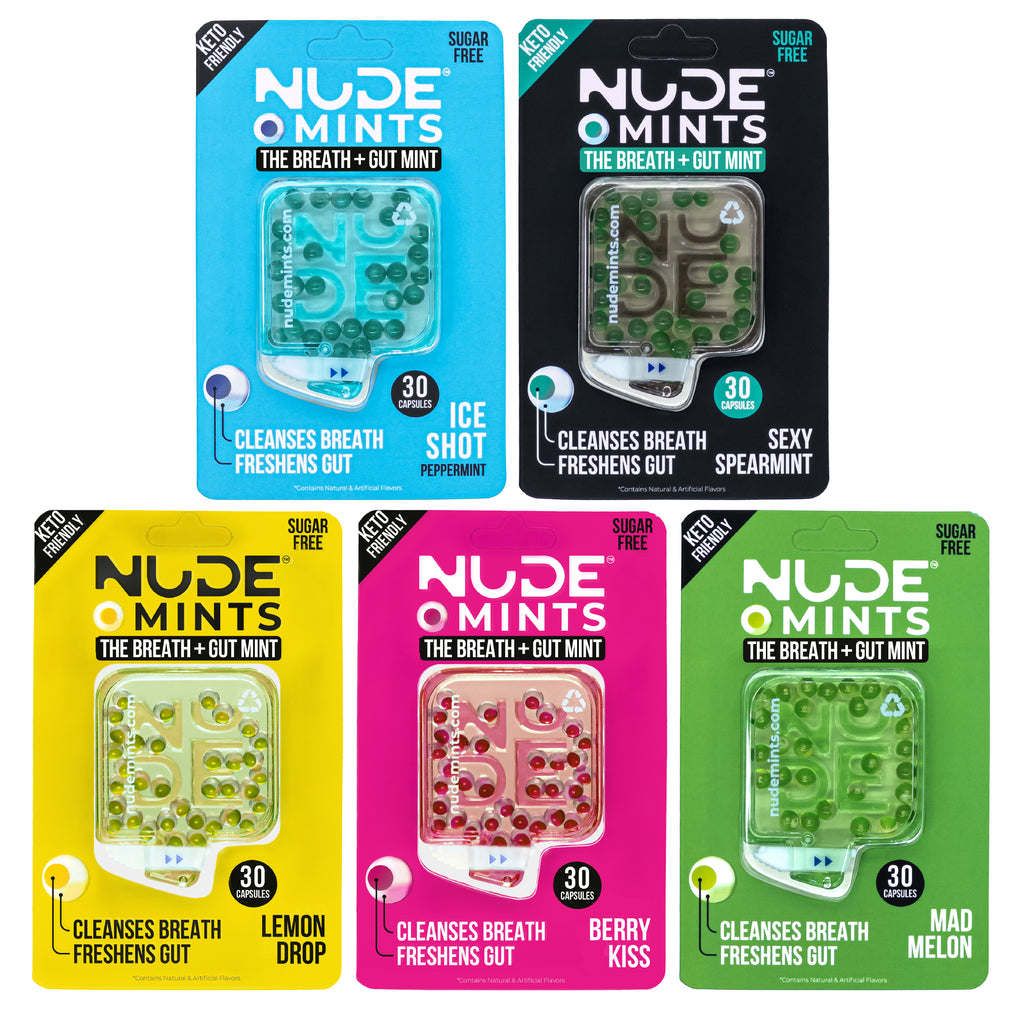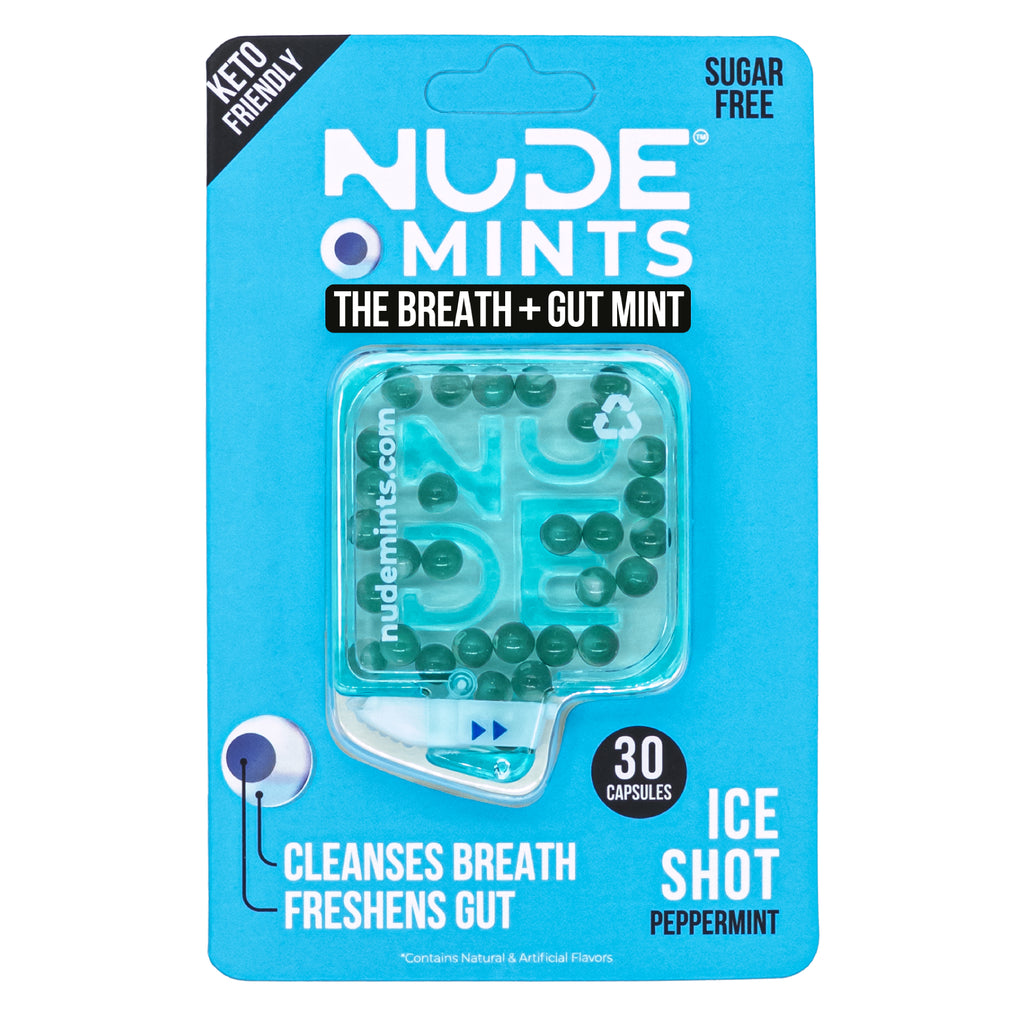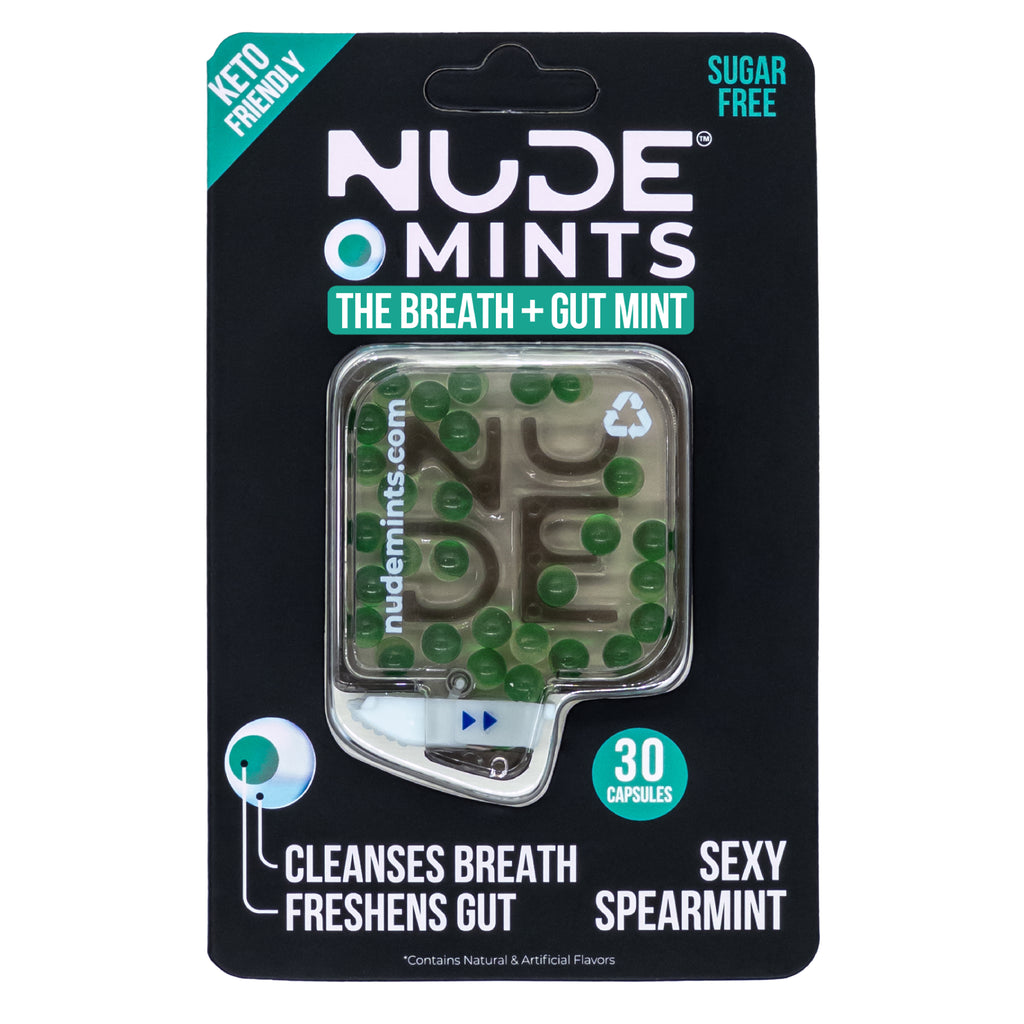Did You Find Spots on Your Tongue?
-
Overview
Spots on the tongue might be uncomfortable, however, they’re normally not critical. They usually resolve without therapy. Some spots on the tongue, although, would possibly sign a critical underlying downside that wants immediate medical consideration.
You might be able to determine the reason for some spots simply, however, others want additional examination. Learn on to study several types of spots, what they appear like, and when you must see your physician.
What are some causes of spots on the tongue?
There are dozens of circumstances that will trigger a spot, bump, or lesion in your tongue. Listed here are just a few:
Black hairy tongue
This situation will seem like black, grey, or brown patches that appear like they’re rising hair. The black hairy tongue can begin out as a small spot and develop to coat many of the top of the tongue. It’s a buildup of lifeless pores and skin cells that fail to shed as they need to. This may very well be on account of poor oral habits, medicines, or tobacco use.
The chance of creating a black hairy tongue will increase with age and males get it extra usually than ladies. Something you set in your mouth can alter the color of the spots, together with food, caffeine, and mouthwash. Microorganism and yeast can take maintain inflicting the spots to start to appear like hair.
Different signs including a tickling or burning sensation in your tongue or the roof of your mouth. You may additionally have bad breath. Use your toothbrush in your tongue or a tongue scraper every single day to deal with the black hairy tongue at residence. That ought to assist clear it up inside just a few weeks. More often than not, the black hairy tongue goes away without medical intervention. If not, a dentist or physician can use particular instruments to scrape your tongue. Constant use of a toothbrush and tongue scraper ought to stop it from returning.
Geographic tongue
Geographic tongue seems as easy, purple spots of an irregular form on the facet or high of your tongue. The spots can change dimension, form, and placement. The trigger is unknown. It’s innocent and normally clears up by itself, however it may possibly take weeks or months. In some circumstances, it may possibly final for years.
You could have an ache or a burning sensation, particularly after consuming meals which might be:
- Spicy
- Scorching
- Salty
- Acidic
Leukoplakia
This situation causes irregularly formed white or grey spots to kind in your tongue. The trigger is unknown, nevertheless, it’s extremely related to smoking tobacco or utilizing smokeless tobacco. It’s additionally related to alcohol abuse and might be associated with repetitive trauma to your tongue, equivalent to trauma related to dentures.
More often than not, leukoplakia is benign. Leukoplakia can generally include precancerous or cancerous cells, so it’s necessary to see your physician. A biopsy can decide if there’s any trigger for concern. Leukoplakia may also seem on the gums and cheeks.
Lie bumps
Lie bumps are often known as transient lingual papillitis. They’re small white or purple spots or bumps on the tongue. You could have a number of bumps on the floor of the tongue. Their trigger is unknown.
No therapy is required for lie bumps. They normally clear up on their very own in a matter of days.
Thrush
The fungus Candida causes thrush or oral candidiasis. It seems as creamy white patches, generally with purple lesions. These patches can seem in your tongue, however, they will additionally unfold to wherever in your mouth and throat.
Infants and older individuals are extra prone to thrush. So are folks with weakened immune programs or those that take sure medicines.
Different signs could including:
- A lack of taste
- Dry mouth
- Raised, cottage cheese-like lesions
- Redness
- Soreness
- Bleeding
- Issue consuming or swallowing
More often than not, the prognosis might be made based mostly on look. The therapy could including antifungal remedy however could also be extra sophisticated in case your immune system is compromised.
Aphthous ulcers
Aphthous ulcers, or canker sores, are widespread lesions on the tongue that seem as shallow, whitish ulcers. The trigger is unknown however could also be related to:
- minor trauma to the tongue
- toothpaste and mouthwashes containing lauryl
- the menstrual cycle
- emotional stress
- celiac illness
- inflammatory bowel illness
- a vitamin B-12, iron, or folate deficiency
- an allergic response to bacteria in your mouth
- different immune-mediated problems
- HIV
- AIDS
Sensitivity to sure meals may also trigger canker sores. Canker sores aren’t brought on by the herpes virus, which causes cold sores. Canker sores normally go away in a single to 2 weeks without therapy. A number of over-the-counter and prescription medicines can deal with signs in extreme circumstances. Your physician may advocate different remedies or medicines relying on the reason for the ulcers.
Most cancers of the tongue
The most typical type of tongue most cancers is squamous cell carcinoma. It normally seems like an ulcer or a scab that doesn’t heal. It may well develop on any a part of the tongue and should bleed for those who contact it or in any other case traumatize it.
Different signs including:
- hassle swallowing
- a lump within the neck or throat
- tongue ache
- earache
Relying on how superior the most cancers is, it’s possible you’ll want surgical procedure, chemotherapy, or radiation remedy.
Get the freshest news on your favorite mouth cleanser and gut freshener!
Read More
-
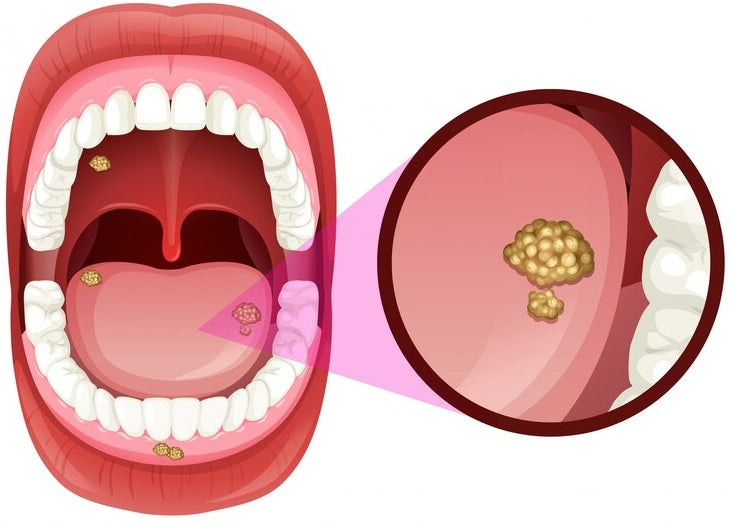
Halitosis: Understanding the Causes, Diagnosis, and Treatment for Fresh Breath
Halitosis, commonly known as bad breath, is a condition that affects a large number of people worldwide. It can be an embarrassing and isolating experience, but it is important to know that it is a common problem and that there are effective treatments available. In this article, we will discuss the causes, diagnosis, and treatment of halitosis. Causes of Halitosis Halitosis can have several causes, both internal and external. The most common causes include poor oral hygiene, dry mouth, certain foods and drinks, smoking, and certain medical conditions. Poor Oral Hygiene Poor oral hygiene is the most common cause of halitosis. When food particles and bacteria build up in the mouth, they can cause an unpleasant odor. Brushing and flossing...
-
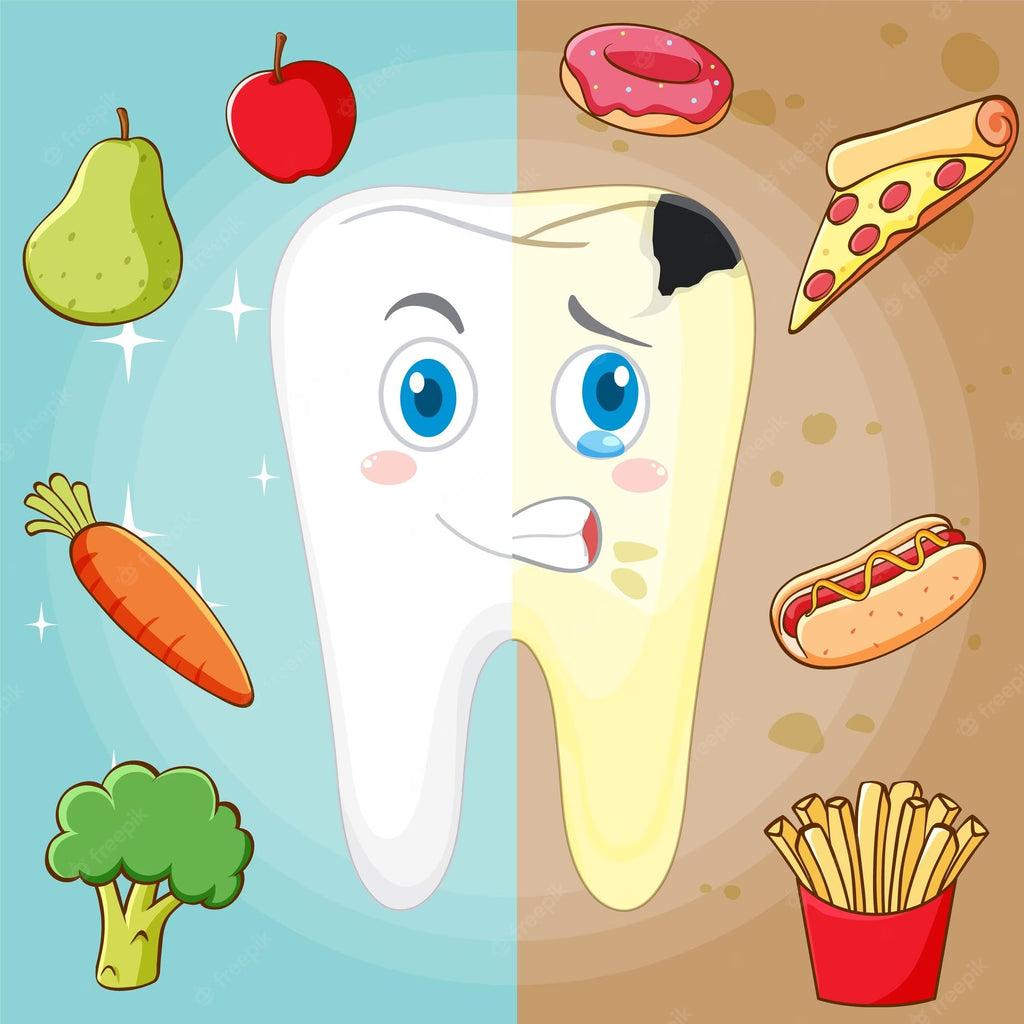
Crucial Connection Between Nutrition and Oral Health: Guide for Better Dental Care
As a dental health professional, we understand the importance of maintaining good oral hygiene to prevent cavities and gum disease. Brushing twice a day and flossing daily are essential habits, but did you know that nutrition also plays a crucial role in keeping your mouth healthy? In this article, we will explore the connection between nutrition and oral health and how you can make better food choices to support your dental health. How Nutrition Affects Oral Health Your diet can impact your oral health in many ways. A diet high in sugary and acidic foods can increase the risk of tooth decay and gum disease. When you eat sugary foods, the bacteria in your mouth feed on the sugar and...
-
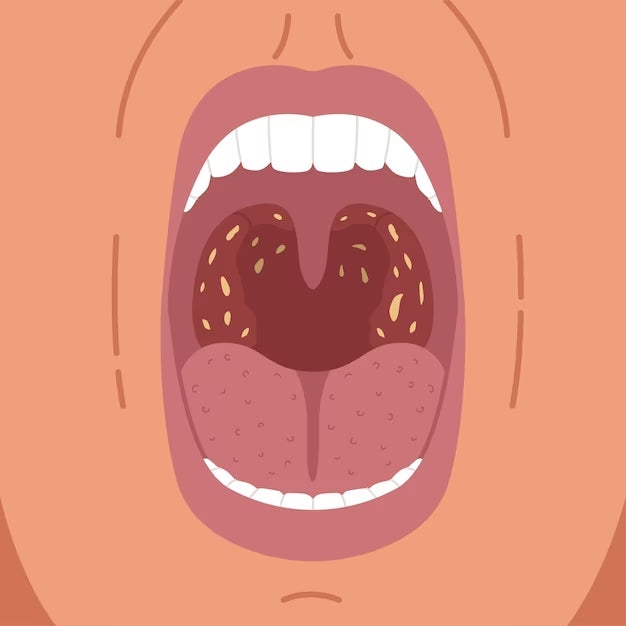
How to Treat Bad Breath Caused by Dry Mouth
Do you ever feel self-conscious about your breath? Do people avoid talking to you because of bad breath? Dry mouth, also known as xerostomia, can cause bad breath and make social interactions uncomfortable. In this article, we will discuss what causes dry mouth, how it leads to bad breath, and what you can do to treat it. Table of Contents What is dry mouth? Causes of dry mouth How dry mouth causes bad breath Signs and symptoms of dry mouth Diagnosis of dry mouth Treating dry mouth Home remedies for dry mouth Professional treatments for dry mouth Tips for maintaining oral hygiene Foods and drinks to avoid with dry mouth Conclusion FAQs What is dry mouth? Dry mouth occurs when...
-
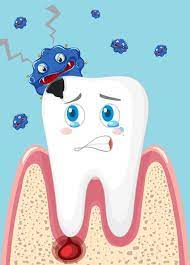
The Relationship Between Diabetes and Gum Disease: Understanding the Link
Diabetes and gum disease are two conditions that may seem unrelated, but research has shown that they are actually closely linked. In fact, individuals with diabetes are more likely to develop gum disease, and those with gum disease are more likely to have difficulty controlling their blood sugar levels. This article will explore the connection between diabetes and gum disease, and provide insights on how you can reduce your risk of developing both. The Relationship Between Diabetes and Gum Disease Diabetes is a condition that affects the body's ability to produce or respond to insulin, a hormone that regulates blood sugar levels. When blood sugar levels are consistently high, it can lead to a range of health complications, including nerve...
